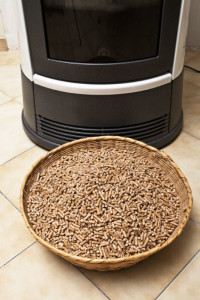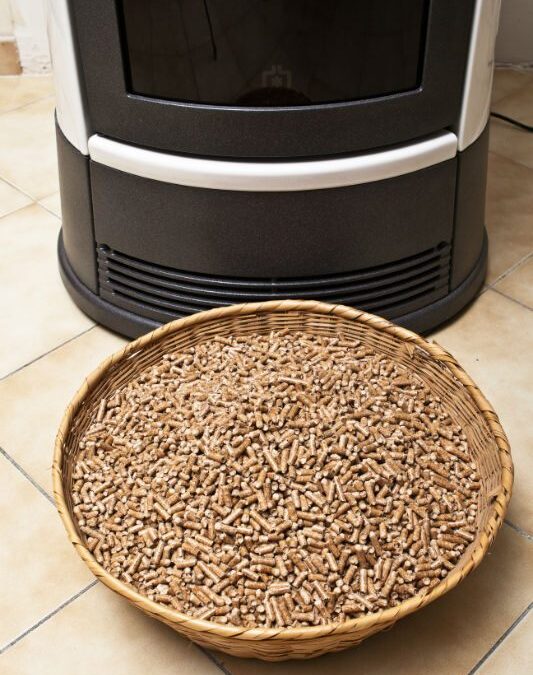The U.S. government has expanded its biomass stove credit for another year. That means anyone who has purchased a qualifying heating stove between Jan. 1, 2015, and Dec. 31, 2016, could receive a $300 federal tax credit.
What is a biomass stove?
A biomass stove is a stove that burns wood, either in the form of logs or pellets. The tax credit applies to both freestanding stoves and inserts. To qualify for the tax credit, the stove must have an efficiency rating of 75 percent or higher. To receive the credit, homeowners who purchase the stove claim it on their annual tax returns. When the stove is purchased, the homeowner will be given a manufacturer’s certification too keep for tax records. The tax credit applies only to permanent residences; it does not apply to vacation homes.
What are the benefits of biomass stoves?
Wood and pellet stoves return the majority of a fire’s heat back into a home. A biomass stove purchased under the tax credit guidelines would return 75 percent or more of the fire’s heat to your home. That compares with 10 percent of the heat returned from a wood fire burning in a traditional open-hearth fireplace. In that case, the majority of the heat is lost up the chimney. Because the fire in a biomass stove burns hotter than a traditional fireplace, they also produce less smoke and emit less particulate matter into the environment.
Fueling a biomass stove also is incredibly cost effective. If you purchase a wood-burning stove and choose to chop, stack and store your own firewood, you are essentially getting your fuel for free, other than the cost of your labor. Buying wood by the cord also is a cheap option. For pellet stoves, 40 pounds bags of fuel can be purchased for a relatively low cost at just about any big-box or home-improvement store.
Environmentalists also champion wood stoves and pellet stoves because they rely on renewable, carbon-neutral fuels. Woodstoves rely on trees, which can be replanted. Pellets are made from compressed sawdust or wood shavings that otherwise may have been sent to the landfill. Some pellet stoves can burn cherry pits, wheat hulls or other organic materials. They are considered carbon neutral because when the wood or other organic substance is burned, they release no more greenhouse gases than they would have if they had been left to decompose naturally.
How should you choose a biomass stove?
If you think a biomass stove could be right for your home and you’re interested in the biomass stove credit, consult the experts at Tri County Hearth & Patio Center. We can walk you through your options, answer all of your credits and help you select the credit-eligible pellet or wood stove that is right for your home.
